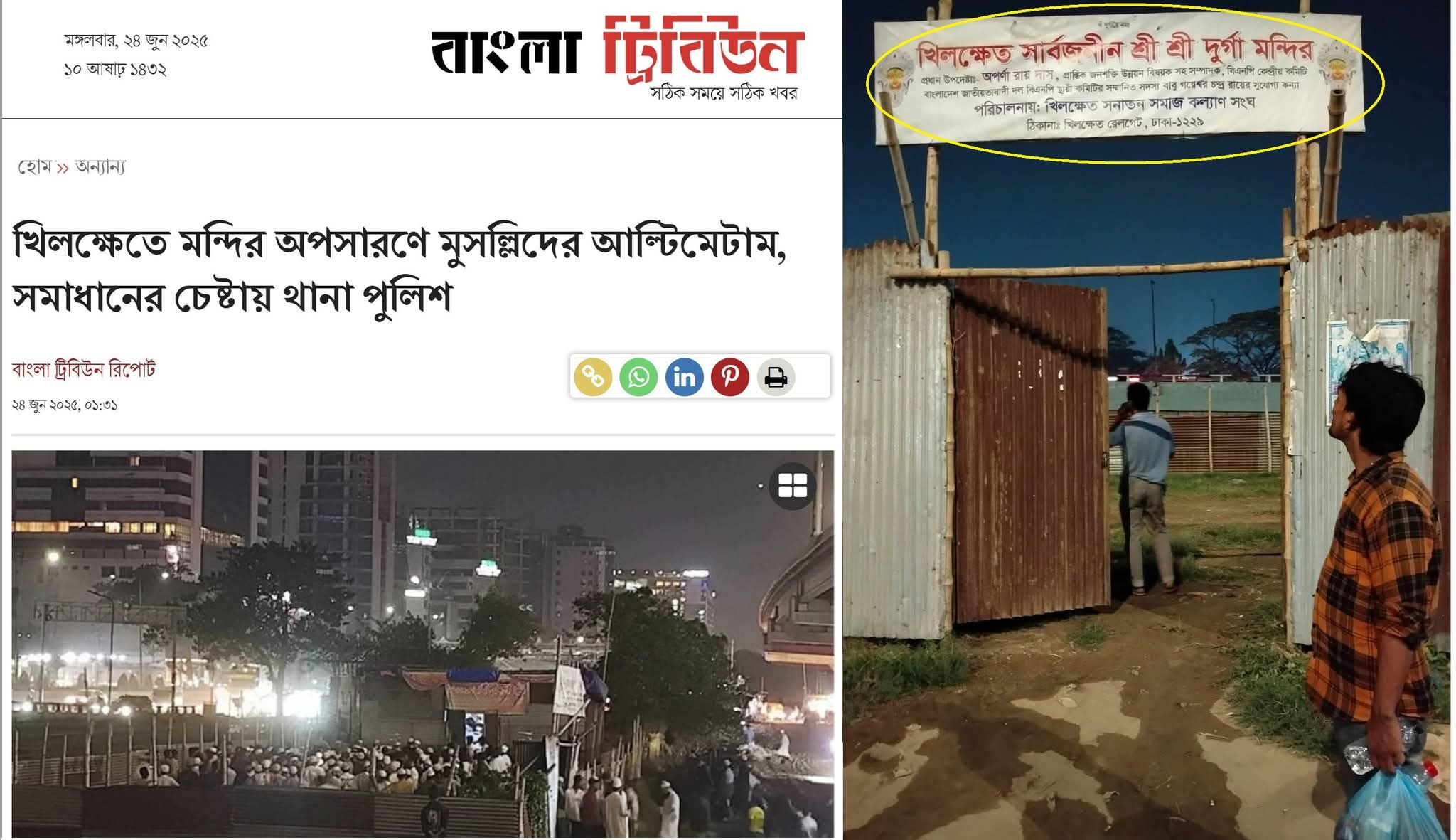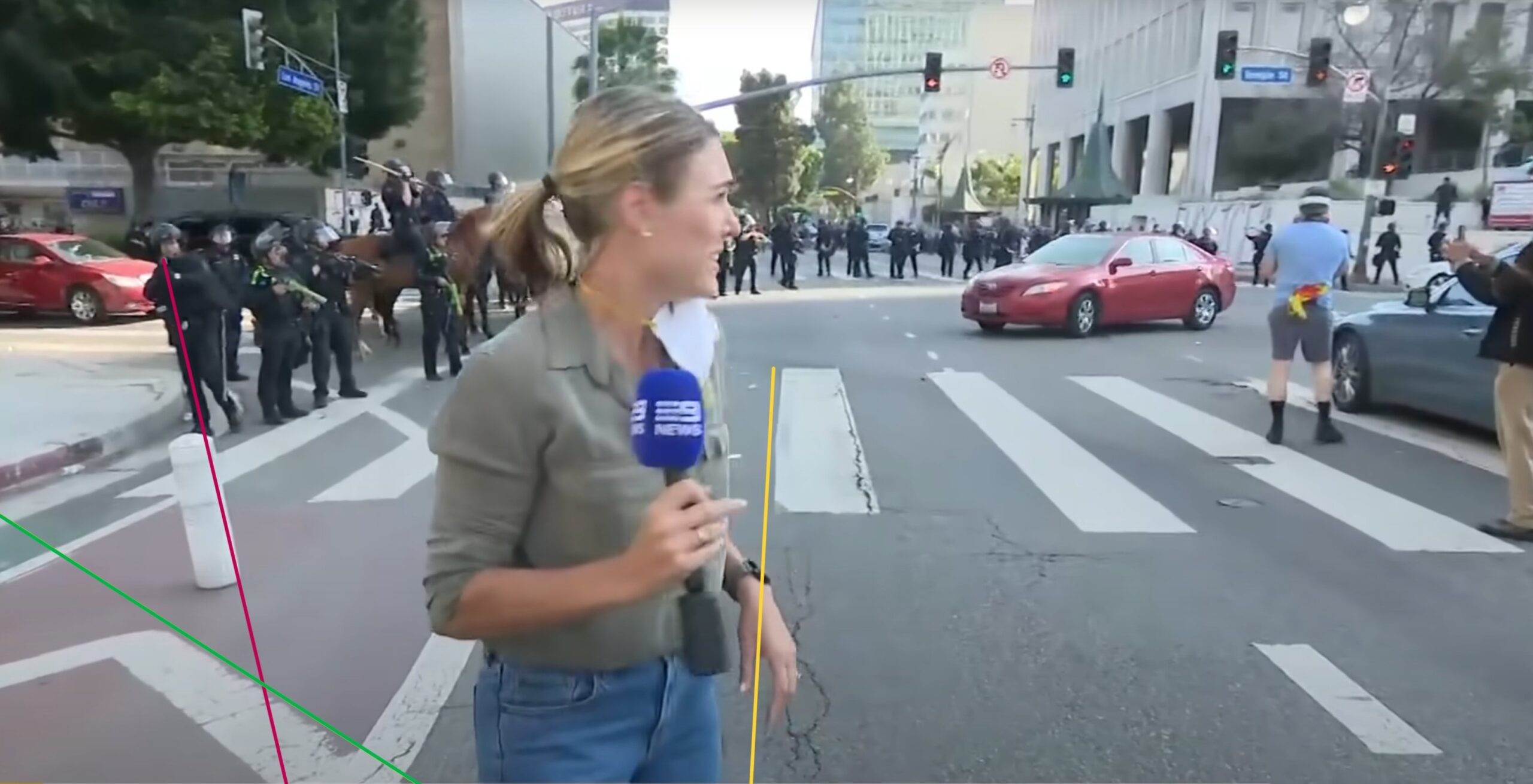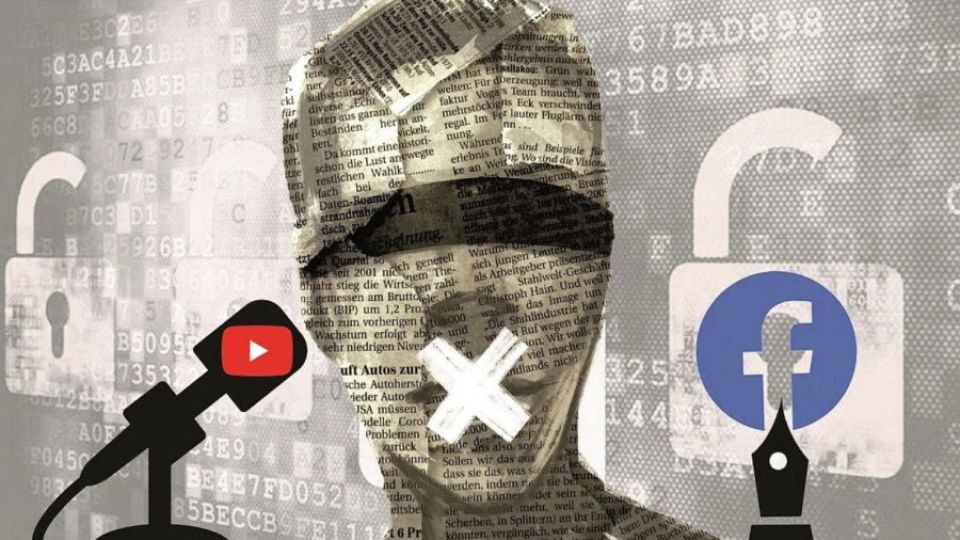Dhaka, Bangladesh – The interim government of Bangladesh has officially declared its intention to amend the highly contentious Cyber Security Act (CSA) of 2023, rather than repealing it entirely. This decision comes in the wake of persistent demands from civil rights organizations, media representatives, and international human rights entities advocating for its complete abolition. Concerns are mounting regarding the impact of the CSA on freedom of expression, privacy, and access to information in the country.
Overview of the Cyber Security Act
Enacted in September 2023, the CSA was introduced as a purportedly reformative measure to replace the Digital Security Act (DSA) of 2018, which was heavily criticized for stifling dissent. However, a thorough analysis indicates that the CSA retains 58 of the 62 provisions from the DSA, raising concerns about the government’s sincerity in addressing the concerns that led to widespread condemnation of its predecessor.
Key Provisions of the Cyber Security Act
- Repressive Speech Offenses: The CSA criminalizes speech that is deemed to threaten national security, public order, or communal harmony. Notable provisions include:
- “Propaganda Against the Spirit of the Liberation War”: This vague language has been used to target critics of the government.
- Defamation: Individuals can face severe penalties for sharing information that is deemed defamatory towards government officials or institutions.
- Excessive Law Enforcement Powers: The Act empowers law enforcement with sweeping authority to arrest individuals, conduct searches, and seize personal property without the need for a warrant. These provisions pose a significant risk of abuse, allowing arbitrary detentions based on perceived offenses.
- Censorship Mechanisms: The CSA grants the Cyber Security Agency the authority to issue binding requests to the Bangladesh Telecommunication Regulatory Commission (BTRC) to block or remove online content considered a threat. This effectively facilitates state-sponsored censorship and contributes to a climate of self-censorship among citizens.
Government’s Stance
During a press conference On Sunday, 29 September, Law and Expatriates’ Welfare and Employment Adviser of the Bangladesh Interim government Mr. Asif Nazrul defended the decision to uphold the CSA, stating, “The Cyber Security Act is essential for maintaining order and security in our rapidly evolving digital landscape. While we acknowledge the need for reform, it is imperative to understand that cyberspace involves serious offenses such as hacking, blackmailing, and other forms of harassment. Anarchy will ensue if we decriminalize these cybercrimes.”

Photo: Law Advisor Dr. Asif Nazrul (Collected)
Nazrul further explained that the government intends to amend the CSA rather than repeal it. “We are committed to abolishing laws that infringe upon the right to information while ensuring that the necessary tools to combat cybercrime remain in place,” he added.
Data Analysis: Incidents of Abuse
Since the enactment of the CSA, human rights organizations have documented a disturbing rise in cases of abuse linked to the legislation. According to Amnesty International, there have been over 100 reported cases of arrests and charges filed against individuals exercising their rights to free expression within just six months of the Act’s implementation.
Breakdown of Reported Incidents Under the CSA
| Type of Incident | Number of Cases | Percentage of Total Cases |
| Arrests for Defamation | 45 | 45% |
| Charges for Criticism of Government | 30 | 30% |
| Censorship Requests | 25 | 25% |
- Arrests for Defamation: Individuals have been apprehended for sharing opinions on social media that criticize government policies or officials, highlighting the chilling effect of the law on free speech.
Impact on Recent Protests
The CSA has been prominently invoked during the recent student-led protests advocating for reforms to the quota system in public sector jobs. These protests have seen a significant police presence and numerous arrests under the CSA, as authorities aim to quell dissent.
- June 26, 2024: A prominent activist was arrested for posting a critical Facebook message regarding the government’s quota policy.
- July 24, 2024: During a protest, seven individuals faced charges for sharing satirical images that mocked government officials, including former Prime Minister Sheikh Hasina.
These incidents exemplify the government’s strategy of using the CSA to intimidate and silence dissenting voices, especially among youth and student activists.
International Response and Comparisons
The international community has reacted strongly to the upholding of the CSA. Human rights organizations, including Amnesty International and Human Rights Watch, have condemned the law as an instrument of state repression.
Global Context: A comparative analysis reveals that similar authoritarian measures have been enacted in countries like Myanmar, Turkey, and Russia, where laws targeting online expression have been employed to suppress dissent. For example, Turkey’s Internet Law No. 5651 has been used to monitor and restrict online content, drawing parallels to Bangladesh’s CSA.
Graph: Global Trends in Cyber Legislation and Authoritarianism
(Note: This is a placeholder; actual graphs require data visualization tools)
The above graph illustrates a correlation between the rise of authoritarian regimes and the enactment of repressive cyber laws. It underscores a global trend where increased cyber legislation corresponds with a decline in civil liberties.
Expert Opinions and Analysis
Experts have weighed in on the implications of the CSA. Taqbir Huda, Regional Researcher for South Asia at Amnesty International, stated, “The Cyber Security Act is essentially a replication of the Digital Security Act. This is not reform; it is an attempt to maintain control under the guise of new legislation.”
Legal analysts emphasize that the vague language and broad provisions of the CSA create a precarious environment for journalists, bloggers, and ordinary citizens. As one legal expert noted, “The law allows authorities to interpret what constitutes a threat or offense in an arbitrary manner, leading to potential misuse.”
Self-Censorship and Erosion of Press Freedom
The ongoing enforcement of the CSA has created a pervasive culture of self-censorship within Bangladesh’s media landscape. Journalists and content creators express deep concern over the risks associated with reporting on sensitive issues, including government policies and social justice movements.
A survey conducted by the Bangladesh Press Council indicated that 72% of journalists have experienced self-censorship due to fear of legal repercussions under the CSA. One media professional stated, “From the most senior journalist to a small fry YouTuber, everyone is now in a state of self-censorship because no one can afford to pay the price of speaking up.”
Calls for Comprehensive Repeal
The decision to uphold the Cyber Security Act amidst protests has ignited growing calls for a comprehensive repeal. Human rights advocates, journalists, and members of the international community have urged the interim government to align the law with global human rights standards.
The Bangladesh Media Monitor, a coalition advocating for press freedoms, has released a statement demanding the immediate repeal of the CSA, emphasizing its detrimental impact on civil society. Taqbir Huda asserted, “Unless the ongoing cases are dropped and the repressive provisions in the Cyber Security Act are fully removed, we will continue to see an escalation of repression against dissent.”
A Crucial Moment for Bangladesh
The interim government’s decision to uphold the Cyber Security Act amidst protests signifies a critical juncture for Bangladesh’s democratic institutions. The persistent authoritarian approach raises profound concerns regarding the protection of fundamental rights and freedoms.
As protests continue and citizens demand accountability, the government’s response will be pivotal in shaping the future of governance and human rights in Bangladesh. The ongoing civil unrest and international scrutiny could create opportunities for reform, but significant challenges remain in dismantling the entrenched mechanisms of repression that the Cyber Security Act represents.
Moving forward, a comprehensive review and repeal of such repressive laws are essential to restore public trust and ensure that the voices of dissent are not only heard but protected. The international community’s role in supporting Bangladeshi civil society in its fight for freedom and justice will be crucial in the months and years ahead.







Leave a Reply